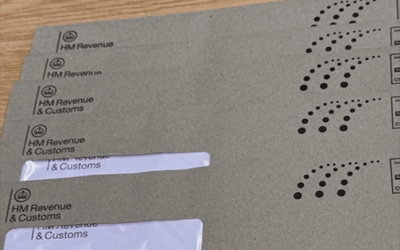Umbrella companies that don’t comply with their tax obligations have been in the government’s sights for some years. Worst case scenarios have seen fraudulent companies defaulting on HMRC, and workers landed with large, unexpected bills as a result of payment structures contrived to avoid tax.
Umbrellas explained
Umbrella company is not a term defined in statute, but it’s generally taken to mean a company employing temporary workers who work at different end clients’ premises, and HMRC recently described them as employment intermediaries employing workers on behalf of agencies and end clients. The government plans to bring umbrella companies within scope of the legal definition of an employment business through the Employment Rights Bill.
Typically, umbrella companies are used by recruitment agencies to pay temporary workers. The recruitment agency does the business of matching clients with suitable workers, but it may then outsource the employment and payment side of things to an umbrella company. This means the umbrella company acts as the actual employer, and should provide a contract of employment setting out working terms and conditions. Under current legislation, it is also responsible for paying the worker.
Preventing bad operators
Rather than the umbrella company employing the worker being legally responsible for operating PAYE, this will fall to the recruitment agency supplying the worker to the end client. They will have the legal responsibility for operating PAYE on the workers’ pay, and will be liable for any shortfall, regardless of whether they operate payroll themselves or use an umbrella company to run payroll for them. Where there is no agency in the labour supply chain, legal responsibility passes to the end client.
Safe to deal?
As a worker, recruitment agency, or any other person in the labour supply chain, how do you know whether an umbrella company is a reputable and compliant organisation to do business with? HMRC has recently published a guide to good practice for umbrella companies, suggesting the type of behaviours to look for. Safeguarding your position by using guidance like this to carry out due diligence checks is highly recommended.
If you would like further information or any advice on this article, please contact your Ellacotts contact or contact us by emailing solutions@ellacotts.co.uk or call us on 01295 250401.
Information for readers: This material is published for the information of clients. It provides only an overview of the regulations in force at the date of publication, and no action should be taken without consulting the detailed legislation or seeking professional advice. Therefore, no responsibility for loss occasioned by any person acting or refraining from action as a result of the material can be accepted by the authors or the firm.
*Business Newsletter August 2025








